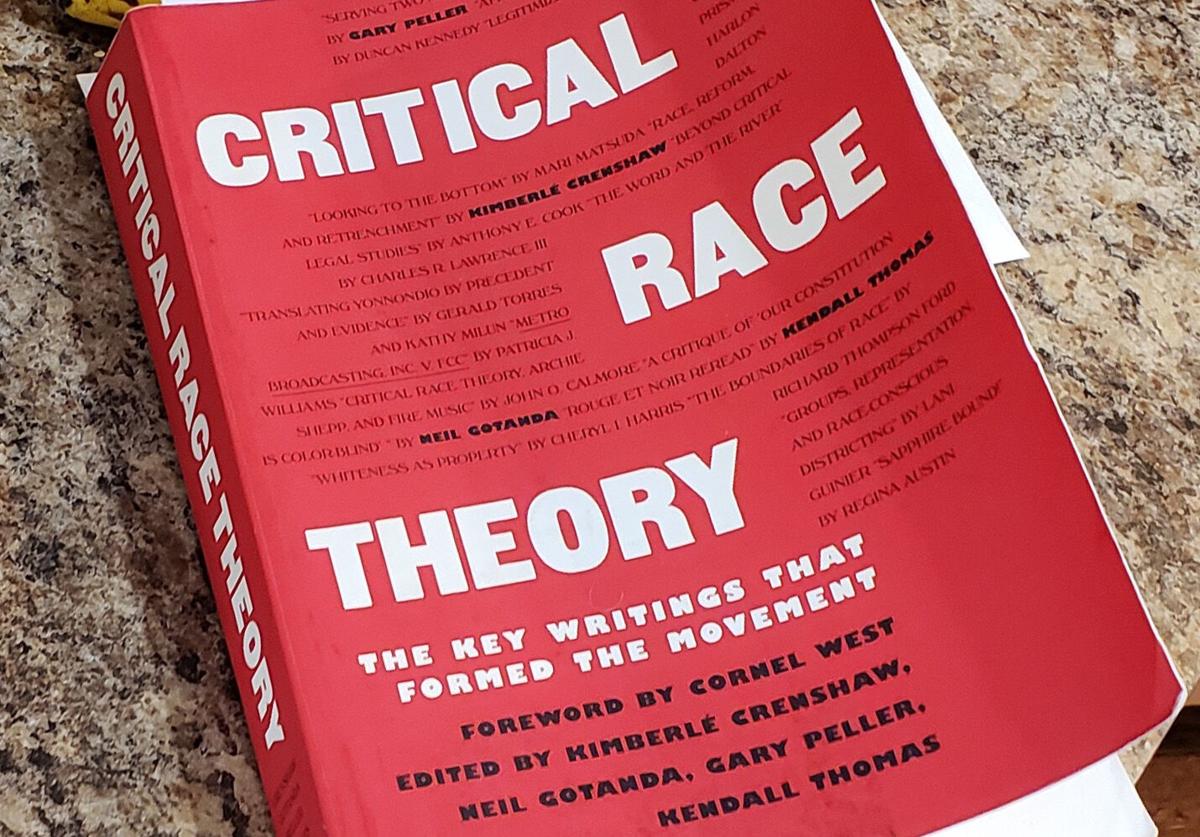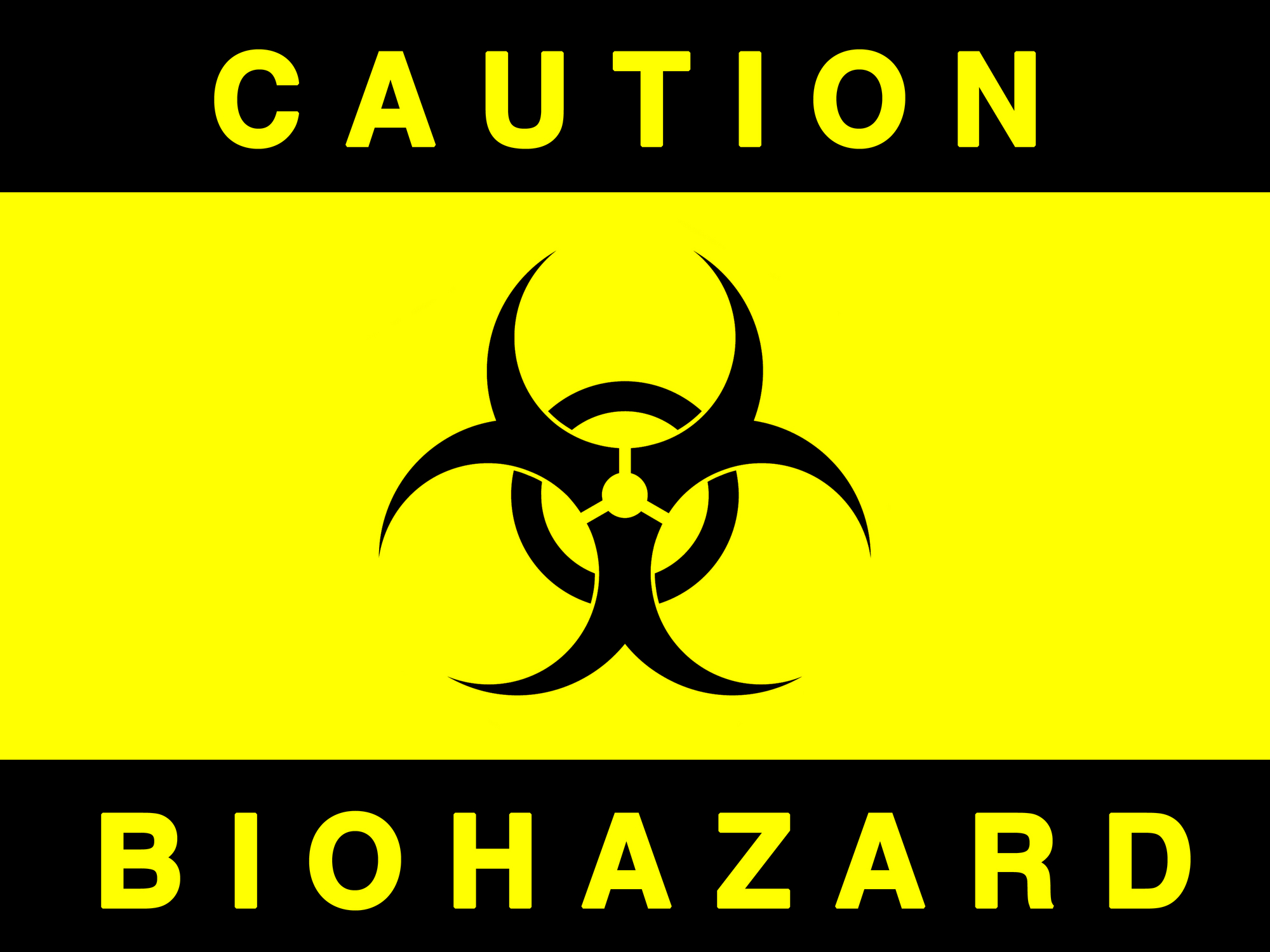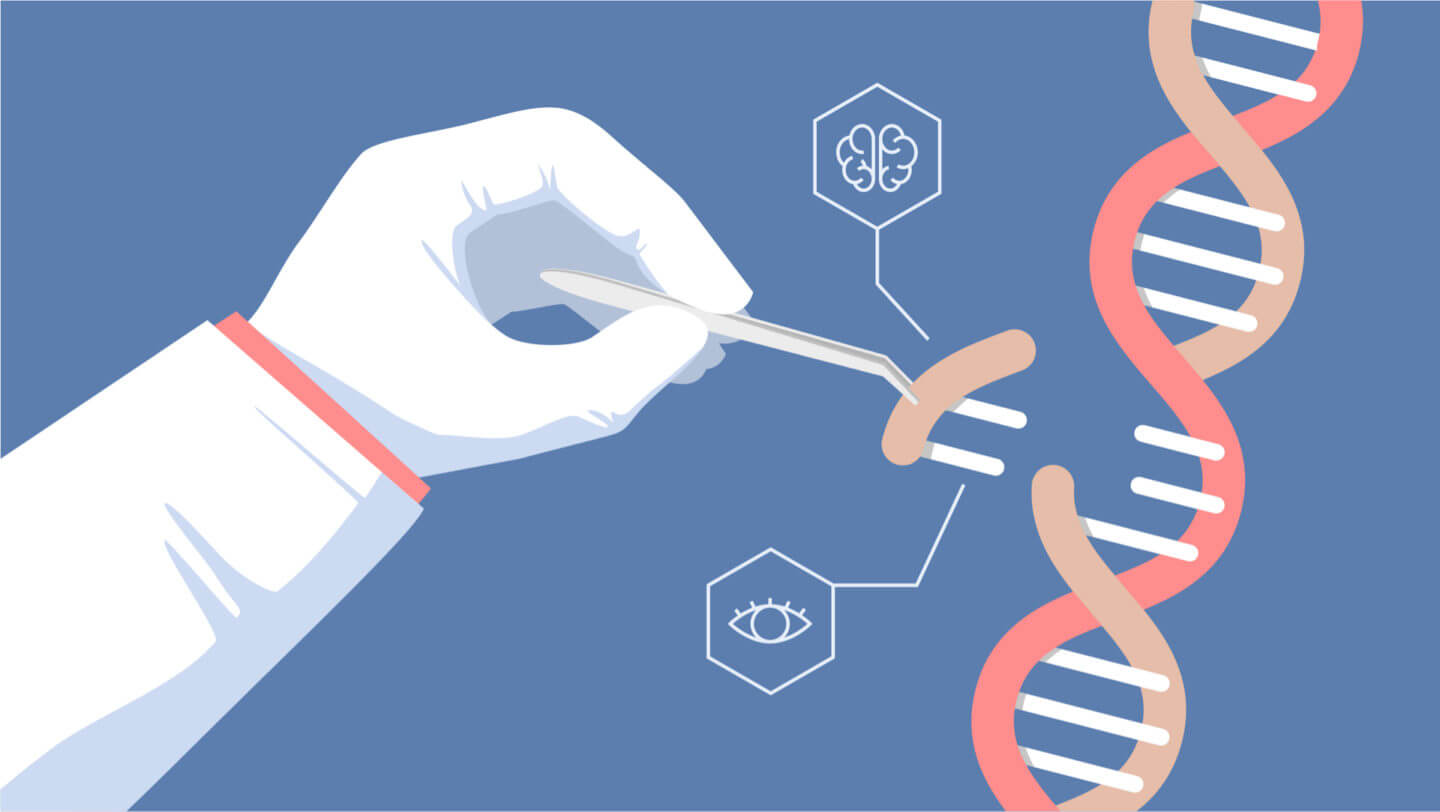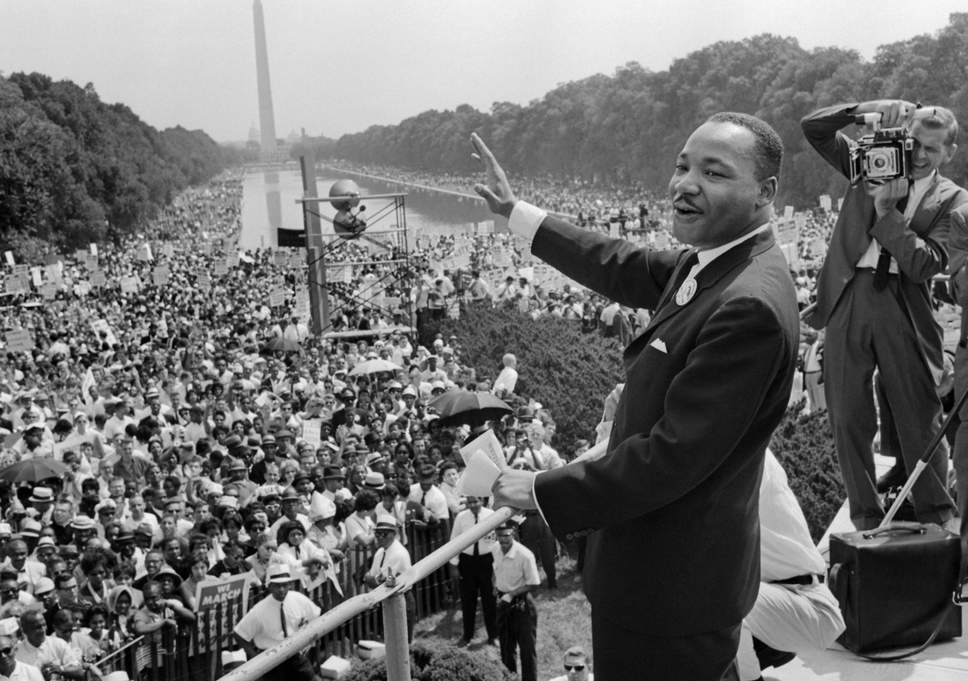
In general, I try not to wade into a hot button political topic until the rhetoric has become less heated. I think it’s rarely productive to throw your voice into the fray when everyone is still shouting their talking points at the top of their lungs. I know I’ve weighed in on political issues in the past, but I’ve tried to do so from a broader, bigger picture perspective.
Sometimes, though, it’s too hard to wait for everyone to stop shouting. In certain instances, the extent of that shouting is symptomatic of a larger mentality. It’s not just about the topic that’s relevant. It’s the general sentiment, passions, and feelings surrounding it.
Not too long ago, it was social justice and feminism.
Before that, it was same-sex marriage.
Before that, it was civil rights and sex discrimination.
Go back far enough and you’ll see similar discourse. When an issue is very relevant, it brings out both heated rhetoric and the prevailing attitudes of the time.
Today, I get the sense that Critical Race Theory has become that issue. Whenever people talk about it, their political tribalism rears its head and it’s neither subtle nor pretty. While I don’t doubt this issue will eventually pass to make way for the next one, it’s something worth touching on.
At its core, the particulars of Critical Race Theory aren’t that radical. If you look it up on Wikipedia, it doesn’t sounds wholly unreasonable. It’s simply a study to evaluate how social, culture, and legal traditions have impacted larger institutions and social systems.
As a social science, it’s hardly revolutionary. These are concepts that social scientists have been studying for decades. The main difference with Critical Race Theory is its emphasis on race, especially those pertaining to the African American community. After what happened with the murder of George Floyd in 2020, it only grew in relevance.
Now, I’ve stated before that we, as Americans, should not avoid the less flattering parts of our history. Acknowledging past mistakes doesn’t make you any less patriotic. It just offers a larger perspective towards certain American ideals.
However, that’s a point that those protesting Critical Race Theory don’t seem to harbor. Ever since the George Floyd protests erupted last year, this theory has been attacked and protested on multiple levels. In general, I try to sympathize and empathize with the passions of these people. They are my fellow Americans, after all. I believe they have a right to voice those passions.
At the same time, I cannot help but groan and cringe. I also genuinely wonder if they understand the full implication of what they’re arguing.
It’s true that Critical Race Theory has some distressing implications. Beyond acknowledging America’s racist past, it further complicates efforts to create a more just society. Addressing the transgressions of the past is not as simple as passing a few pieces of landmark legislation.
The system, as it functions now, is still very flawed. Fixing it may require greater effort, as well as a larger cost. Many people, who likely believe in themselves to not be racist, are bound to have a problem with that. They see it as an agenda, one that will label them and their children as a racist by default.
Whether or not that’s a reasonable concern is beside the point. I won’t claim to know what those protesting Critical Race Theory are truly thinking. I’m not psychic. However, in reviewing all this heated discourse, I’d like to offer a simple question to these people. It’s a sincere question and one I ask you consider seriously.
Why do you oppose teaching or discuss one particular idea over the other?
With that in mind, take a step back and look at this without Critical Race Theory being the main subject. Now, take a moment to appreciate what you’re asking of society, at large. You’re saying this idea that you think is wrong or flawed should not be discussed.
Even if you think it shouldn’t be discussed outside certain fields, you’re still making a statement. This is a dangerous idea and it shouldn’t be discussed, especially with children. Even in a country like America, which espouses the value of free speech, you’re arguing for an idea to be censored or suppressed.
Now, I don’t doubt there are some horrible ideas out there. Some are legitimate precursors to violence. That’s why organizations like the Ku Klux Klan are rightly vilified and prosecuted. Except, Critical Race Theory is nothing like that. So why, in that context, does it warrant so much outrage? Again, it’s a sincere question and I’d like to get a sincere answer. Please explain your reasoning in whatever way you see fit.













Artificial Intelligence Is Struggling With Racism (And The Larger Implications)
There’s no doubt that artificial intelligence will fundamentally change the world. Its potential is so vast that some even say it will be mankind’s last invention. Once it gets to a certain point, it won’t just be better at everything humans do. It may very well supplant humanity as the dominant life form on this planet. There are no shortage of movies that depict how dire that could be.
That said, it’s bound to go through some growing pains. Not all of those pains will involve a Skynet-level malfunction, but they will warrant concern.
At the moment, our artificial intelligence is still limited. It’s not dumb, but it’s very limited. It can do certain tasks very well, like play chess or win Jeopardy. It can’t apply that intelligence at a broader macro level like a human.
That still makes them useful and they’re still advancing rapidly. Artificial intelligence programs are used frequently for tasks like moderating comments sections and tracking sales data. The problem with these programs is that, since the AI is not generally intelligent, humans have to fill in the gaps. Since humans are flawed and bias, those traits sometimes find their way into the AI.
That’s what happened recently with YouTube’s comment moderation algorithms. As an aspiring YouTuber, I know how imperfect those algorithms can be. The intentions are noble. These AI programs are supposed to curtail hate speech. The internet needs that right now. Anyone who has ever visited 4chan knows that.
However, sometimes the AI systems are so narrow that they don’t ese the forest from the trees. That’s what happened recently when those systems mistook discussions about chess for racist language. Tech Xplore did an article on it and while it’s somewhat humorous on the surface, it’s also quite revealing.
Tech Xplore: AI May Mistake Chess Discussions as Racist Talk
Now, should we be concerned? Is it worrying that an AI with the backing of Google couldn’t surmise that simple terms like “black vs. white” were referring to chess and not race relations?
The short answer is not really.
The longer answer is not really, but we should learn important lessons from this.
The AI systems that moderate YouTube comments are nowhere near the kinds of systems we’d see in an artificial general intelligence. It’s like comparing a steam engine to a modern rocket. That said, we had to learn how to make a damn good steam engine before we could learn to make a decent rocket.
With something like advanced artificial intelligence, the margin for error is very small. You could even argue there is no margin for error. That’s why so many worry that such an AI could be an existential threat to humanity. If its too flawed to understand the difference between chess and racist rhetoric, then we could be in serious trouble.
The problem, in this case, isn’t with the nature of the AI. It’s with us, its creators. Since we humans are so flawed, racism being one of our worst flaws, it’s understandable that this sort of thing would find its way into our programming. It already has in a number of fields.
Again, those types of systems are limited and narrow. There’s a lot of room for human flaws to enter the system.
With advanced AI, those flaws could end up being extremely damaging. If too many of them find their way into a more advanced AI, we wouldn’t end up with a helpful, usable system. We’d end up with something like Skynet or Ultron. At that point, we’d be in serious trouble and we wouldn’t be able to rely on John Conner or the Avengers to save us.
We still have time. This latest issue with YouTube’s algorithms is minor, in the grand scheme of things, and fairly easy to correct. Once we get around to creating more advanced systems, though, we need to be aware of these flaws. We need to remember that any advanced AI we create will reflect our best and worst qualities. Let’s make sure our best win out in the long run.
1 Comment
Filed under Artificial Intelligence, technology, YouTube
Tagged as AGI, Artificial General Intelligence, Artificial Intelligence, artificial superintelligence, Chess Discussion, comments moderation, computer intelligence, computers, Flawed AI, machine intelligence, machine learning, Racism, racist, racist discussion, Rage Against the Machine, technological singularity, technology, The Queen's Gambit, Weak AI, YouTube, YouTube Comments, YouTube Comments Section, YouTube Video